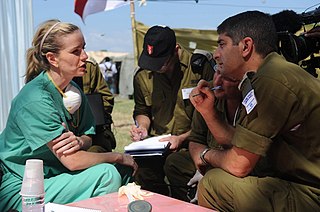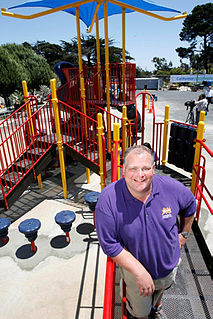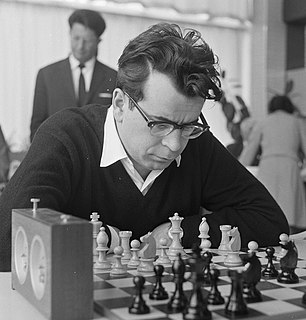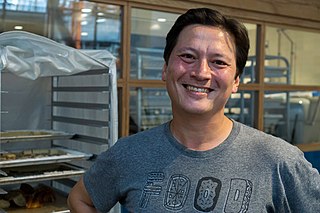A Quote by Rakesh Jhunjhunwala
Children malnourished at age 5 tend to suffer permanent physical and mental damage. So if I can save a child from malnutrition, I find it has an extremely favorable risk-reward ratio - the cost I incur versus the overall benefit that I can bring to society.
Related Quotes
Individual versus group selection results in a mix of altruism and selfishness, of virtue and sin, among the members of a society. If one colony member devotes its life to service over marriage, the individual is of benefit to the society, even though it does not have personal offspring. A soldier going into battle will benefit his country, but he runs a higher risk of death than one who does not. An altruist benefits the group, but a layabout or coward who saves his own energy and reduces his bodily risk passes the resulting social cost to others.
Medicine has been successful by treating diseases in a very specific way once the damage is done. But telomere length integrates a lot of factors together and gives you an overall picture of risk for what is now emerging as a lot of diseases that tend to occur together, such as diabetes and heart disease.



































